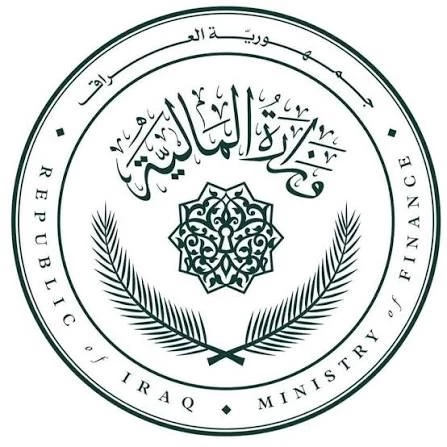Legal expert Ali Al-Tamimi explained on Monday what can happen next with Iraq’s new Education Law after the Ministry of Finance refused to implement it.
Al-Tamimi told dinaropinions.com that any law passed by Parliament is binding, and every government body must follow it. He said that if any authority refuses to apply a law, Article 329 of the Penal Code can be used against them. This article allows for imprisonment, a fine, or both for anyone who fails to carry out a legal duty.
He added that people affected by the refusal can file a lawsuit in the investigative court against the party or official blocking the implementation of the law.
Al-Tamimi also explained that those who are covered by the new Education Law can file another case in the Administrative Court. This would push the court to issue an order forcing the government to apply the law retroactively, since one of the state bodies is refusing to enforce it.
He confirmed that a law becomes active as soon as it appears in the Official Gazette, and that people’s rights under that law do not expire. This means they can claim their rights from the date the law was first published.
Al-Tamimi stressed that the Ministry of Finance’s claim of “no available funds” is not a valid excuse. He said that the law must still be applied, even if the government’s term has ended, because “laws are above everything and must be followed.”





